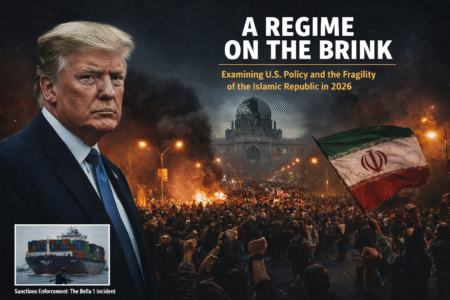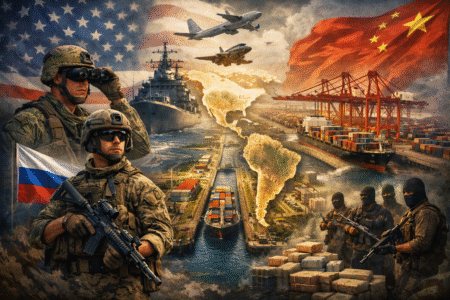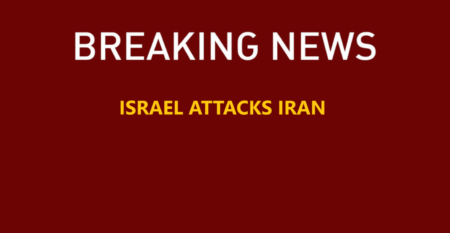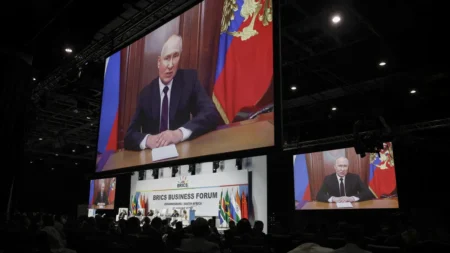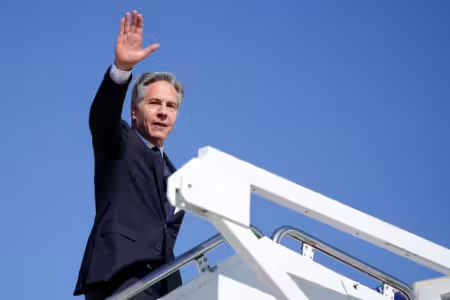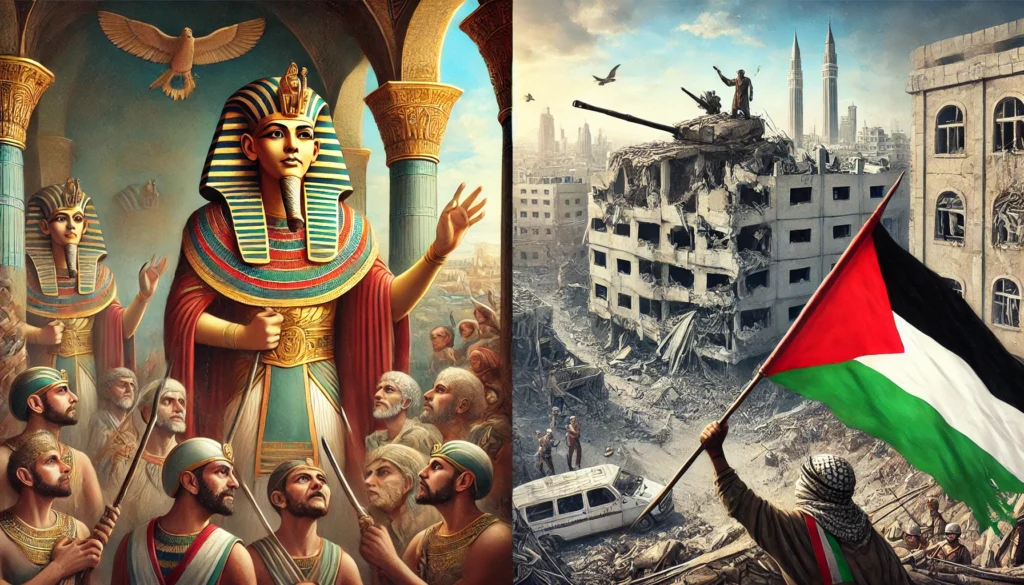
Throughout history, moments of unimaginable oppression have unfolded under the misguided belief that annihilating a people would secure power for the oppressor. One such story comes from ancient Egypt, where the Pharaoh, warned of a prophecy about a male child rising to topple his empire, ordered the slaughter of every newborn male. Yet, in a twist of divine irony, the child destined to challenge him—Moses—was raised in Pharaoh’s own palace.
Today, many see parallels in the ongoing conflict between Israel and Palestine, believing that what we are witnessing in Gaza is driven by a similar strategy: the elimination of an entire population, to ensure that no resistance remains. But history teaches us that oppression often sows the seeds of its own downfall.
Netanyahu’s War: Between Security and Annihilation?
Israeli Prime Minister Benjamin Netanyahu’s government has launched an aggressive military campaign in Gaza following the October 7th attack by Hamas. With Gaza under relentless bombardment and a complete blockade cutting off food, water, medicine, and electricity, many fear that the aim is not just military victory but the erasure of Palestinian resistance altogether.
Some accuse Netanyahu’s administration of pursuing a policy that resembles genocide—an attempt to ensure that not a single Palestinian remains to resist Israeli control. Just as Pharaoh sought to preempt a rebellion by destroying an entire generation, Netanyahu seems intent on crushing the spirit of the Palestinian people, believing that victory lies in their eradication.
But in every act of extreme oppression, history warns of the unintended consequences: the harder one tries to eliminate a people’s identity, the stronger their resistance becomes.
A Divine Irony?
The story of Pharaoh’s failure is one of divine irony. Despite his fear-driven brutality, Moses was nurtured within the very palace that sought to destroy him. Similarly, one could argue that the policies being pursued today—blockades, bombings, and relentless oppression—are not the path to peace. Instead, they may cultivate the very resistance they aim to extinguish.
Gaza has become not only a battleground but a symbol of resilience. Children born in the ruins of bombed-out homes carry with them the stories of survival. With every new generation, the memory of loss deepens, and so too does the will to resist.
Resistance Cannot Be Erased
Attempts to crush an entire people have historically failed. Whether through exile, imprisonment, or war, those who have suffered the most are often the ones who stand tall in the end. Israel’s policies may destroy homes, displace families, and take lives, but they cannot erase the identity of the Palestinian people. Just as Moses grew to lead his people out of bondage, those left to survive the current conflict may one day become the architects of a new, unforeseen future.
A Lesson from the Past
If there is a lesson from the Pharaoh’s story, it is that might alone cannot conquer the human spirit. The answer to peace in the region does not lie in eliminating the “other” but in acknowledging shared humanity. Brutality only breeds more resistance. No wall, no blockade, and no warplane can dismantle the roots of a people’s identity and resolve.
The path forward lies not in trying to stamp out resistance but in recognizing the right of every person—Israeli and Palestinian alike—to live in dignity. The deeper one tries to suppress justice, the more it becomes inevitable.
Conclusion: A Different Future Awaits
Pharaoh’s castle could not prevent the rise of Moses. Similarly, the hope for a just resolution to the Israeli-Palestinian conflict cannot be extinguished by force. It is not too late for leaders on all sides to realize that power without justice only prolongs suffering. Perhaps the true challenge is not how to defeat the other but how to build a future where no child—Israeli or Palestinian—must grow up in fear.
The Pharaoh’s mistake was in believing that destruction could safeguard his empire. Will today’s leaders make the same mistake? Or will they recognize that peace is not the absence of resistance but the presence of justice?

